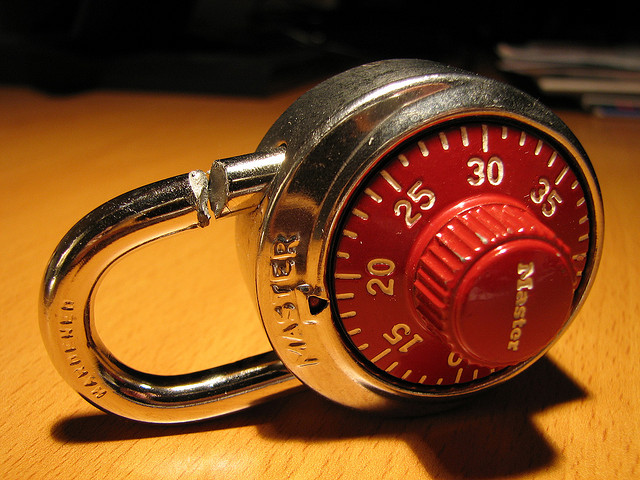
Groklaw, the 11-year-old website devoted to covering legal disputes related to open source software, has announced it will shut down rather than risk the government reading its e-mail.
Groklaw founder Pamela Jones (commonly known as "PJ") wrote today that she is not confident the government won't someday be able to crack her encrypted e-mails. "There is no way to do Groklaw without e-mail," she wrote. "So this is the last Groklaw article."
This is the second time Jones announced her intention to no longer publish Groklaw articles. On April 9, 2011, she said goodbye to readers because "the crisis SCO initiated over Linux is over, and Linux won. SCO as we knew it is no more." She quickly changed course, saying Groklaw would continue with a new editor; she then continued running the site herself.
This time, she pointed to comments made by the owner of Lavabit, an encrypted e-mail service that shut down rather than comply with government orders to hand over e-mails. "The owner of Lavabit tells us that he's stopped using e-mail and if we knew what he knew, we'd stop too," Jones wrote.
Anyone can encrypt e-mail themselves through the use of public and private keys, as we explained in our tutorial on PGP and S/MIME. An e-mail might be stored on a Google or Microsoft server, but only the person holding the private key can decrypt it and read it.
Some cloud providers are now taking a "privacy seppuku pledge," stating that they would shut down rather than aid the government. Additionally, Kim Dotcom's Mega service plans to launch its own encrypted e-mail service next year.
But Jones isn't sure how long secure e-mail will remain secure. "They tell us that if you send or receive an e-mail from outside the US, it will be read," she wrote. "If it's encrypted, they keep it for five years, presumably in the hopes of tech advancing to be able to decrypt it against your will and without your knowledge. Groklaw has readers all over the world."
Jones herself wrote that she will try to "get off of the Internet to the degree it's possible" because "I can't stay online personally without losing my humanness, now that I know that ensuring privacy online is impossible."
"If you have to stay on the Internet, my research indicates that the short term safety from surveillance, to the degree that is even possible, is to use a service like Kolab for e-mail, which is located in Switzerland, and hence is under different laws than the US, laws which attempt to afford more privacy to citizens," she wrote. "I have now gotten for myself an e-mail there, p.jones at mykolab.com in case anyone wishes to contact me over something really important and feels squeamish about writing to an e-mail address on a server in the US. But both e-mails still work. It's your choice."
reader comments
205